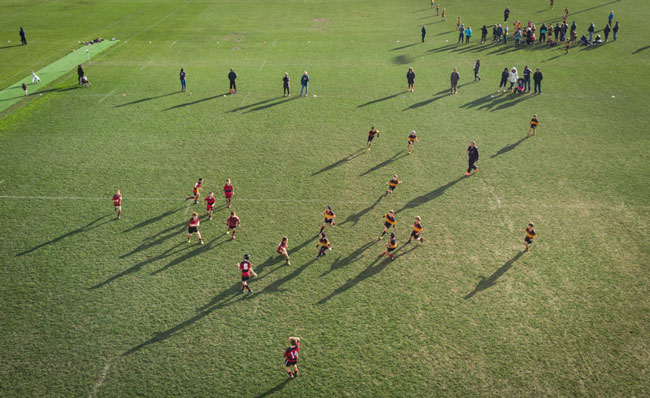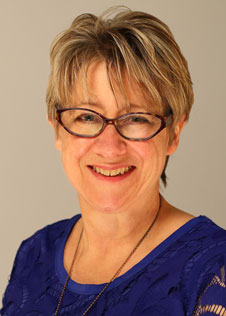 Monday 9 July 2018 9:03am
Monday 9 July 2018 9:03am
Professor Signal says, “New Zealand has high levels of participation in sport which is good for our well-being but we don't want this undone by a diet of junk food.”

Professor Louise Signal
Junk food dominates New Zealand sport venues, according to new research led by the University of Otago, Wellington.
The study, funded by the Health Research Council of NZ, investigated what kinds of food are available in sports settings.
They found that fizzy, chocolate, chips and other fried foods were the most common foods sold at these venues.
“Unfortunately, we have competing players in the sport – healthy physical activity and unhealthy food,” says co-author Professor Louise Signal from the University of Otago, Wellington.
The researchers looked at food sold at 31 rugby and 20 netball venues and interviewed sports administrators from a range of sports about the food environment in NZ sport.
Food was sold at 95 per cent of netball venues (19 out of 20) venues and 45 per cent of rugby venues (13 out of 29). The researchers found 68 per cent of all food items sold at netball venues were classified as unhealthy. That compares to 62 per cent of all foods sold at rugby venues.
Food sales generated no income for most sports organisations with food services contracted to caterers. Interviewees suggested that generally caterers have control of food provision and they need to make a profit.
“Healthy nutrition policies in sports clubs are urgently needed. This requires support from health agencies and leadership from national sports organisations,” says Professor Signal.
New Zealand has very high rates of obesity, with almost one in three adults obese and over one in 10 children.
“Given our obesity epidemic, NZ should reconsider this association between junk food and sport,” she says. Children and parents agree, according to earlier research.
“New Zealand has high levels of participation in sport which is good for our well-being but we don't want this undone by a diet of junk food.”
For further information, contact:
Professor Louise Signal
Department of Public Health
University of Otago, Wellington
Email: louise.signal@otago.ac.nz
Fleur Templeton
Senior Communications Adviser
University of Otago, Wellington
Mob 021 225 4218
Email fleur.templeton@otago.ac.nz
A list of Otago experts available for media comment is available elsewhere on this website.
Electronic addresses (including email accounts, instant messaging services, or telephone accounts) published on this page are for the sole purpose of contact with the individuals concerned, in their capacity as officers, employees or students of the University of Otago, or their respective organisation. Publication of any such electronic address is not to be taken as consent to receive unsolicited commercial electronic messages by the address holder.
